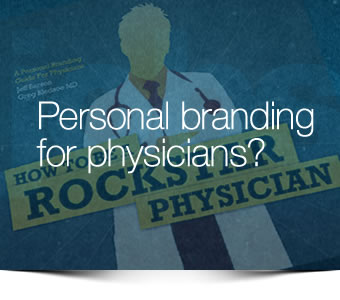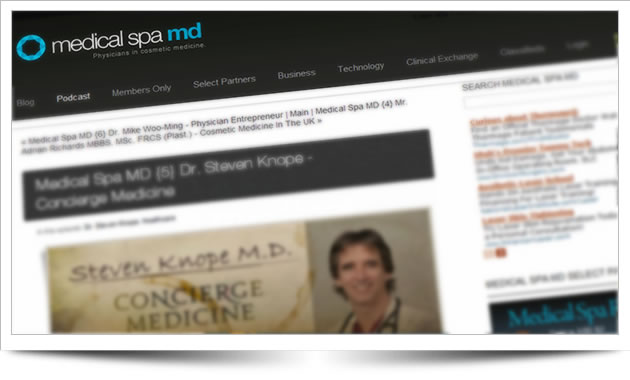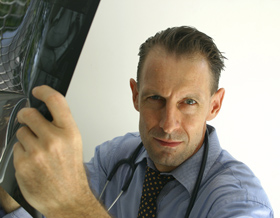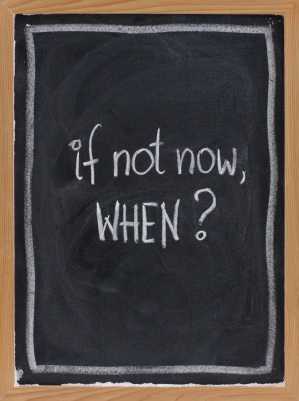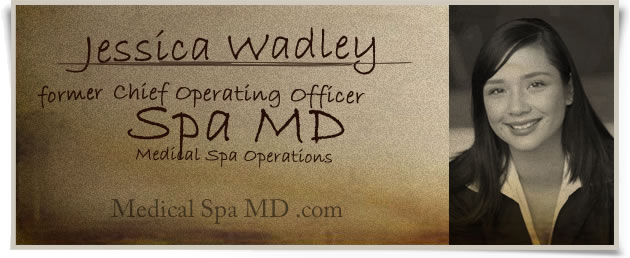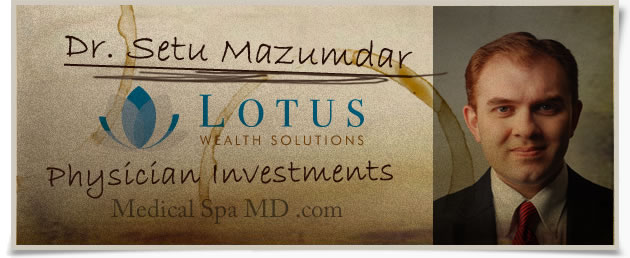5 Reasons Why Growing Your Medical Spa Business Is FAR More Powerful Than Cutting Expenses
/Think about it this way; It's much easier to grow your clinic's revenues than it is to cost-cut your way to profitability.
Let's face it. You can't cut your way to long-term wealth or success.
While you'll hear a lot about how to minimize costs and maximize efficiencies and productivity in your clinic (and I'm a big fan of that too), that's only one part of having a successful clinic or medspa that's throwing off mountains of excess cash and expanding multiple revenue streams. Growing your revenue is the most powerful strategy you can use and the only one that will give you the resources to build a business that supports the lifestyle you want, rather than building a soul-crushing hamster-wheel job.
Here are 5 reasons why growing your clinic's business and revenue is more effective than simply cutting costs:
Most businesses, especially clinical physicians, can't simply turn on a switch and earn more. Your medical spa can.
If you're a clinical physician you're trading time for money — a 'job' business model — you can't just start seeing more patients or cram more hours in a work day. (Few physicians ever try to actually earn more money except by working more hours.)
One of the reasons that you opened a cosmetic practice or medical spa is that you're able to leverage technology and secondary providers (physician extenders) to deliver your services. In most palaces you can hire others to perform the actual IPL or laser hair removal treatments under your license and you don't have to push the button on every treatment. That model allows you to extend your license and 'scale yourself' using technology and labor.
There's a catch of course. You have some pretty high fixed costs that are in the tens of thousands of dollars with laser leases, rent, financed equipment and salaries. Those expenses are something that you can mitigate if you're smart (group buy filler injections, used cosmetic lasers, etc. ), but the hard truth is that those costs are part of the business model. Scaling back too far is actually dangerous to your business - cut too deep and you're into the muscle that powers your clinic operations, customer service and employee motivation.
Many docs first thought is to keep monthly costs low and move to commission-based compensation, room rental, or add other low-level services like massage or aroma therapy to try to gain patient flow while not spending anything. While it may look like it's a low risk strategy it's a fools errand because of the distractions and opportunity costs.
Other mistakes like cutting the cost of your Botox treatments as a 'loss leader' (total B.S.) or relying on discounted Groupon traffic... simplistic tactics that waste your time at best, and can cripple you if things go wrong.
The revenue streams I'm talking about may actually involve real business decisions and create an asset that you own - permanent makeup, massage and 'aroma therapy' provided by someone who rents a room in your clinic doesn't.
If you're frugal and want to be sensible, great! Combine earning more with the automation strategy for implementing systems into your clinic, and you have a powerful financial combination. Start by setting sensible short term revenue goals, buy your next IPL or cosmetic laser used, start implementing systems in your clinic, and cut costs mercilessly on commoditized products like taking advantage of group buy injectibles if you can. Do these things and you’ll be ahead of 99% of other cosmetic physicians.
But that's only the savings and productivity part. To be successful you're also going to have to grow.
When you focus on growing your medical spa and creating a bigger pie, you'll benefit from disproportionate and compounding rewards that most other physicians and clinics can't match.
Here's why:
1: There's a limit to how much you can save, but no limit to how much you can earn. Ok, there may be some theoretical limit somewhere but for how big an profitable a cosmetic clinic can be, but it's far easier to add another $10,000 a month in gross revenues than it is to cut $5,000 from the spend. And it's much more fun.
2: The effects compound. If you're bumping along the bottom and have cut all of the fat from your budget, where do you go? You've starved yourself of the ability to grow.
As your medical spa's business grows you gain access to a larger patient network, and the network works harder for you. It's like compounding interest and gives you scale to reach an ever larger audience that's limited only by your ability to execute and lead. You'll also find it's a better message to patients and staff to be able to tell a growth story. Once you learn how to turn the dials and grow your first $10,000 monthly bonus, it’s relatively easy to turn the dial to make $15,000, or $20,000.
In every market the top 3 or 4 clinics take 90% of the revenue. Everyone else fights for scraps.
3: It improves your teams morale and your patient experience. Have you ever seen a clinic that is just barely getting buy? It's a bummer.
Growing your income let's you provide your patients with a much better experience, and moves your clientele upstream and away from bargain hunters that come with headaches and no profit margins. Moreover, since payroll is the biggest cost you have it's a target for clinics that are cutting costs and novice business leaders often try to skimp on staff.
Growing revenues means that you can attract and pay for a skilled staff that can be trusted to help build the business, not just see you as a stepping stone to the next gig.
4: It allows you to focus on big wins rather than minutia. As a clinic owner you should be focusing on the big wins instead of trying to save money by eliminating what doesn't matter. Earning more is one of the biggest wins you can have. And by reducing the number of things to focus on — and picking major, important items like increasing revenue — you don’t need to worry about trying to keep your staff working at minimum wage. If you’re handling your major goals, the minor details fall out of that. Whether it’s taking a CME course with polar bears, putting your clinic on autopilot, or building other lifestyle businesses on the side, you can manage your lifestyle the way that you want.
5: It forces you to compete on price, which will kill you. If you're competing on price you're in a losing battle. A patient who comes to you for price will leave you for a lower price just as quickly, and there can be only one lowest price. It's a downward spiral which leads to a miserable existence.
6: It gives you options. Growing your sales lets you move from what you have to do to survive, to what you want to do. It gives you options, and opportunity. Personally, I want to live a rich life, and that means spending money on the things I love. Ask yourself whether you'd rather bump along the edge of going out of business and grinding out another payroll, or spend some time earning money so you could live the lifestyle you want. I'm betting you'll answer earn more 100% of the time.
“The way to get started is to quit talking and start doing.”
So what actions should you take right now?
First, you have to be convinced that it's possible. You need to adjust your mindset from one of scarcity, to one of opportunity. You need to be convinced that you can step forward in a slightly different direction than you're headed, but with dramatically better results. You're going to need to educate yourself.
The good news is that you're in a fantastic market. Most businesses, especially clinical physicians, can't simply turn on a switch and earn more. With a cosmetic practice you can.
There are three main areas where you can take immediate action to begin increasing your sales and income; getting more patients in the front door (marketing), raising your conversion rates (consultations), and streamlining your clinic operations (systems). Increase any of these and your revenue will increase. Ignore them and your opportunities will slowly be throttled, wither and die.
While we don't yet (as of this post) have our training course on marketing available, we can immediately address the other two areas where you can increase your conversions and streamline your operations.
Whatever you do, take action right now and begin.





